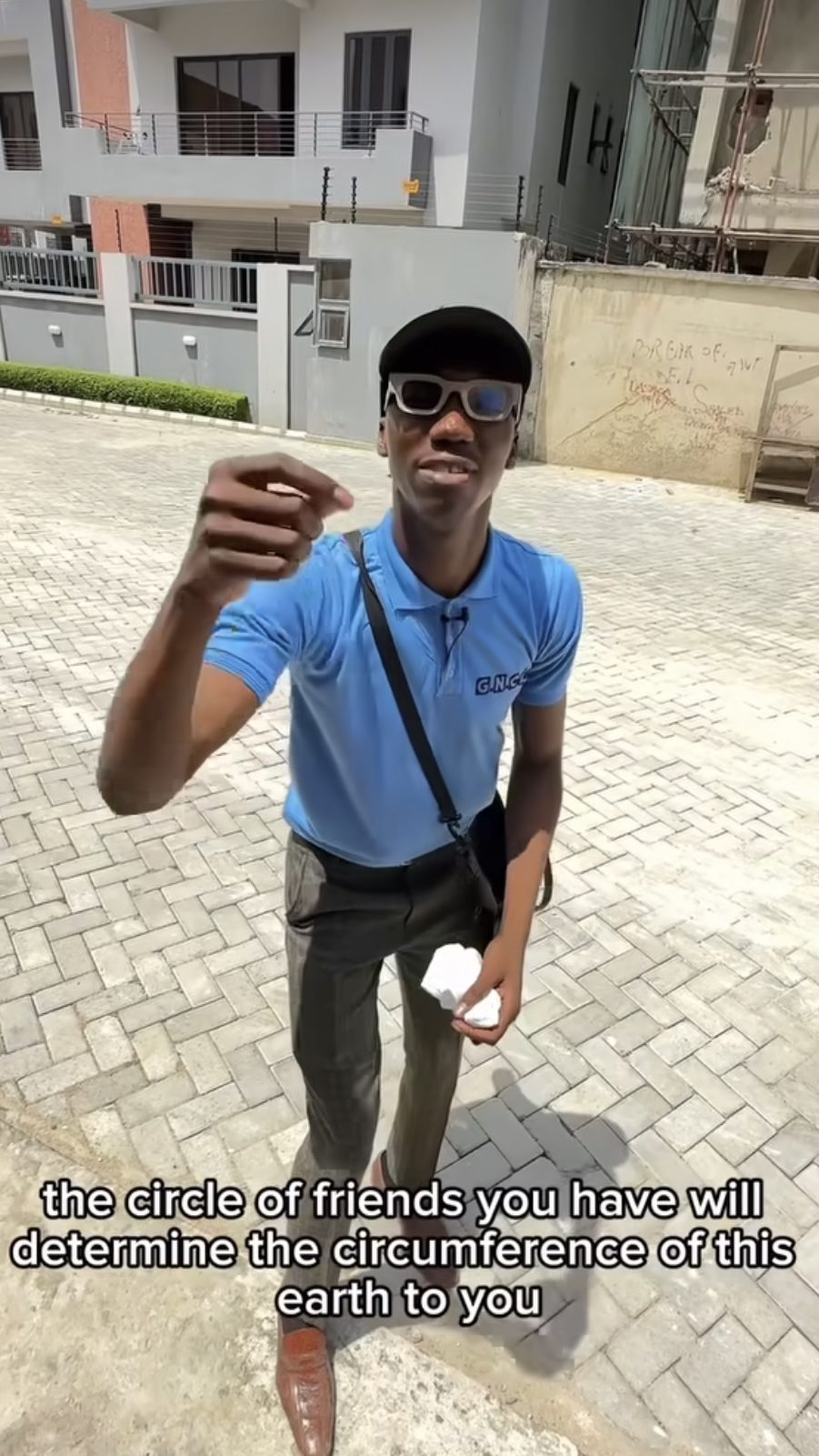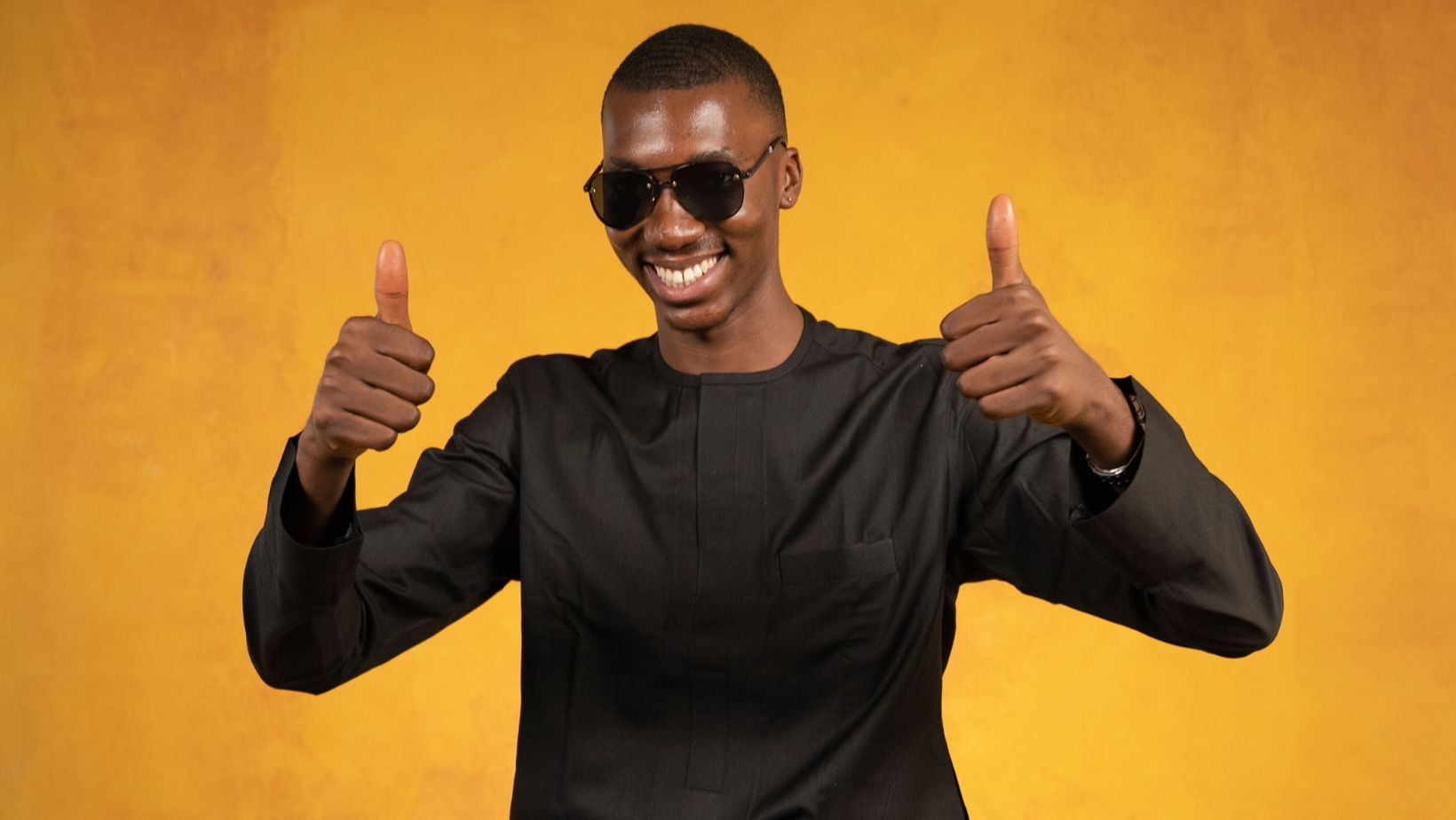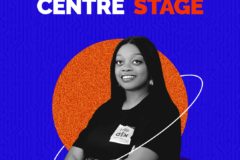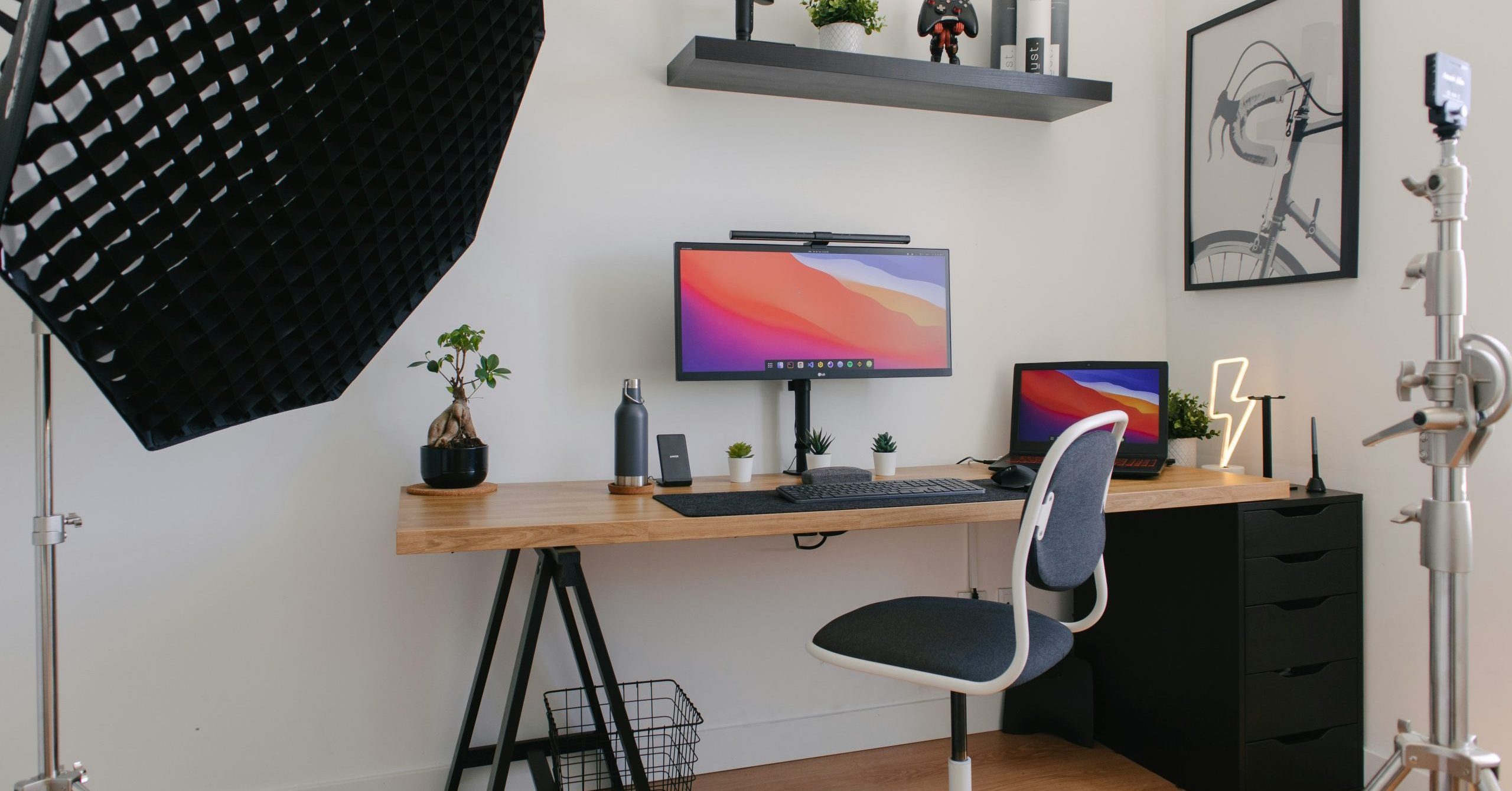Layi Wasabi breaks the mould of Nigeria’s recent comedic offerings. In one instance, he’s “The Law,” a struggling lawyer with a suit that hangs off his 6’4 frame. In another, he’s Mr Richard, a fast-talking motivational speaker convincing anyone who cares to listen to invest in a life-changing pyramid scheme. His given name, Isaac Olayiwola, may not ring any bells, but these characters bring humour and joy to millions of people.
The 22-year-old content creator’s growth has been stunning, with an Instagram following that has grown from 300,000 in 2023 to over two million today. On a social media platform where engagement is the foremost metric, Layi has so far enjoyed the highest engagement rate on Instagram in 2024, outpacing other Nigerian skitmakers like Taooma, Broda Shaggi, and Sabinus.
Despite these early successes, content creators like Layi Wasabi know they’re in a space where a notoriously fickle audience constantly changes its preferences. The punchline is that staying power requires more than humour.
For a while, the formula for virality stayed the same: slapstick, action-packed humour that may get some knocks for being simplistic. But Layi hasn’t taken the well-trodden path. Instead, he leans on familiar characters and pokes fun at stereotypes. In his Cost of Loving sketch, Mr. Richard tells a client, “The circle of friends you have determines the circumference of the earth to you,” as he talks him into joining GNCC, a fictional pyramid scheme.
These kinds of schemes are common in Nigeria. In 2016, three million Nigerians lost ₦18 billion to MMM, a popular Ponzi scheme with Russian roots.

While Layi has perfected this method of using the familiar to create relatable content, he’s hardly a pioneer.
“If you closely follow skit characters, you’ll see that several other comedians have picked up the schtick but dropped it too early or didn’t refine it,” says Olufemi Oguntamu, Layi’s manager.
“As soon as we saw The Law, we knew there was a space for such a character in the skit market, and we were convinced that Layi could pull it off.”
“The first series of The Law skits I dropped blew up on social media,” said Layi. “I knew that we were here.”
The business of laughter: Platform and monetization strategies
Part of Layi’s strategy is to focus primarily on skits while establishing himself in the comedy industry. He can make people laugh in one minute, which is less complex to achieve than the longer-form content on YouTube favoured by creators like Lasisi and Mr Macaroni.
While his first viral video was on TikTok in 2020, he is now more active on Instagram and posts only occasionally on TikTok.
The move to Instagram was strategic. Layi Wasabi and his team believe Reels appeals to a broader audience and is the preferred app for his target market: millennials and Gen Zs.
Instagram is also a popular choice for influencer marketing, the primary way creators like him make money. Unlike their counterparts in America and Canada, African creators do not have monetisation available on Meta platforms like Instagram, where the majority of Layi’s audience is.
Now that Layi has established a strong presence on Instagram, he is working on expanding to other platforms like YouTube.
“He wants to do a lot on YouTube to take advantage of the monetization available to creators there, but also doesn’t want to do the same kind of content as he does on Instagram,” he shared. “We’re taking our time, but Layi will be on YouTube very soon.”
While sponsored posts do not get as much engagement as original skits – as the internet audience is notoriously averse to ads, influencer marketing remains one of the most popular marketing strategies.
In March 2024, Meta announced that their platforms will open up direct monetization to African creators where they’ll be able to get paid based on the number of plays their reels get.
Dealing with an evolving audience
Audience size affects a creator’s ability to monetise, and although valuable to the influencer, is also dynamic and can be volatile. Instagram’s algorithm prioritises engagement, leaving creators scrambling to adapt their content as audience preferences shift.
“It’s much easier to navigate your audience and their preferences when you’re a macro influencer. When you have millions of followers, it’s hard to navigate their preferences,” Layi shared with TechCabal.
For Layi, it’s not just about the laughs, it’s about understanding what the audience wants, even when it means creating content he doesn’t love.
He typically creates content on a whim, but there are occasions when he consults with his team of seven on whether or not certain ideas work for his brand and the type of audience he has.
“There’s some ideas that I may be feeling, but I share with my team and they think it’s not great [in terms of what the audience would like],” Layi said. “And there are some ideas they [my team] suggest to me that I’m not interested in but we go ahead and execute anyway.”
“There are also ideas the team shared with me because they feel like there should be a Layi Wasabi content around this subject matter,”
Keeping up with shrinking attention spans
Unlike long-form skits, Layi’s content doesn’t always require scriptwriters. As soon as the content idea is established, Layi works with his team to execute it. He has a team of seven, comprising his manager, road manager, scriptwriter, personal assistant, client service manager, production manager, and editor. Execution, which takes one to three days, including production, covers where to shoot and what kind of actors to hire.

Since he started creating content in 2015, a lot has changed in the content creator industry, with one of such being shrinking attention spans. According to a CNN report, the average attention span to a screen is now about 47 seconds from the two and half minutes it was in 2004.
Layi Wasabi understands the value of brevity. His skits, meticulously created to hit the sweet spot between 60 – 90 seconds, keep the audience hooked from start to finish.
“With Instagram, people had some patience for content that’s between one to three minutes long,” he shared. “However, I think TikTok is taking us back to fast-paced content [like with Vine]. People want you to get your points across as fast as possible. They don’t have the patience for four or five-minute content, except they’re core fans.”
Another thing that is significantly different from when he started is the engagement metrics. When he began creating content on TikTok and Twitter, 7,000 retweets or likes signalled that the audience loved the video.
“Once that number gets to 10K, it means the video was epic.”
Now, his videos average 50K likes on Twitter and over 100K on the clock app, occasionally going as high as 600K.
“Instagram is hard to tell for me, but I average about 100K likes for original content there. If it does 200K then it’s great content.”
*Editor’s Note: Rate prices have been removed at the interviewee’s request.




















